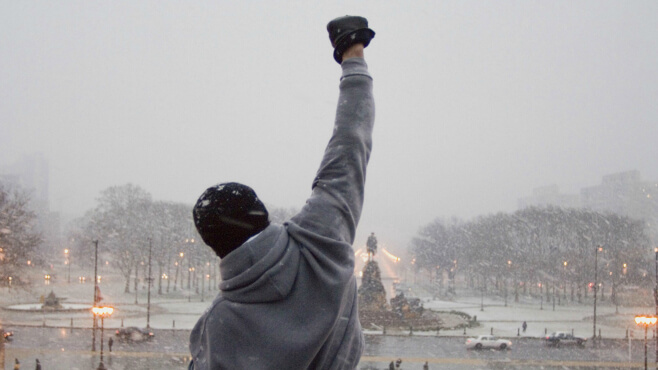Resolve To Quit Social Media In 2021

This year, I torched my Facebook, Twitter, and Instagram accounts. It was the best decision I have made in years—although you’ve probably already met a few other people who have quit social media and they have said the same thing.
In just a few days, millions of Americans will make resolutions to better their lives in 2021. They will resolve to drink less, read more, work out more, and spend less time in front of screens. While it may not make sense for you to quit social media in just three days, making a resolution to entirely quit social media by the end of 2021 is a fine goal. Here are nine reasons you should consider doing so.
1. You will read more books. In the ten months since I quit social media I have read twenty books, which is more reading than I’ve done at any other period in my entire life. Why? Because I have so much more time on my hands.
2. You will complain less. Social media incentivizes complaining. Because social media is designed to be consumed rapidly, outrageous facts and stories proliferate on Facebook and Twitter. Outrageous stories do not demand a thoughtful response, just an emotional one. Quit social media and you’ll have less to complain about.
3. You will begin repairing your feeble, atrophied attention span. All forms of scrolling media destroy the attention span, which means that the longer one uses social media, the less inclined one is to spend the evening having dinner with friends, watch feature-length films, or attend lectures, all of which require sustained, undivided attention and enduring periods of boredom and awkwardness— but such things are a boon to the soul. Boredom humbles us all and increases the strength of our imaginations, but social media refuses to allow us to become bored.
4. You will get in fewer pointless arguments. Social media is structured in such a way as to create endless, senseless arguments. The buy-in for a social media argument is profoundly low and any social media argument can be endlessly resumed at your leisure—unlike a real argument, which generally concludes when people have to part ways to do other things (like sleep). A real argument is satisfying, but fake arguments are not, which is why social media arguments leave us feeling disoriented and angry.
5. You will have better conversations with your friends. If you get off social media, you’ll be able to tell your friends what interesting things you’ve done when you see them next. Getting off social media will incentivize seeing your friends face-to-face, like God intended, and giving them gifts and showing them hospitality when you talk, neither of which is possible on social media. Social media doesn’t give you interesting things to talk about. When one social media user tells another social media about something they read on social media, the other person says, “Yes, I’ve heard that.” How insipid! Long live real conversation!
6. You will become reattuned to the difference between “fake” and “real.” Nearly everything on social media—the performed happiness, performed confidence, performed virtue, and performed sadness—is overly theatrical, unsustainable, insincere, and thus offers a warped view of what it means to be human. Contrary to the fake, flat depiction of humanity presented on social media, human beings are not easy to understand—nor were they meant to be easy to understand. Understanding only comes by way of sacrifice, not scrolling. Quitting social media will remind you of how complex human beings are—and how noble and godlike their complexity is. The warped vision of humanity offered on social media is not respectable, though, which is why there are so many stupid arguments on social media. It is easy to despise the fake humanity which accumulates on Facebook and Twitter.
7. Nothing on social media is meant to last. Almost nothing on social media warrants a second look. Nearly everything on social media (photos, memes, status updates, funny videos) is seen, enjoyed, digested, and begins inducing boredom in less than a second—although that boredom never comes to fruition, for it is quickly whisked away with some new distraction. Social media breeds hatred of images, thus social media makes it harder to appreciate beautiful art. Quitting social media will begin restoring your tolerance for beauty.
8. Social media does not “increase community.” Social media cheapens community by making community easy, non-committal, and oriented around convenience. Social media is community-without-sacrifice, which is simply fake community. Quitting social media will allow you to refocus your time on your actual neighbors, the people whom God has placed in your way.
9. Preach. If you quit social media, you can encourage young people who are hopelessly addicted to social media (and thus becoming lonely, bored, and shallow) to do the same. Until you quit social media, your exhortations for young people to do the same will be hypocritical and impotent.

Joshua Gibbs
Joshua Gibbs teaches online classes at GibbsClassical.com. He is the author of How To Be Unlucky, Something They Will Not Forget, and Blasphemers. His wife is generous and his children are funny.










